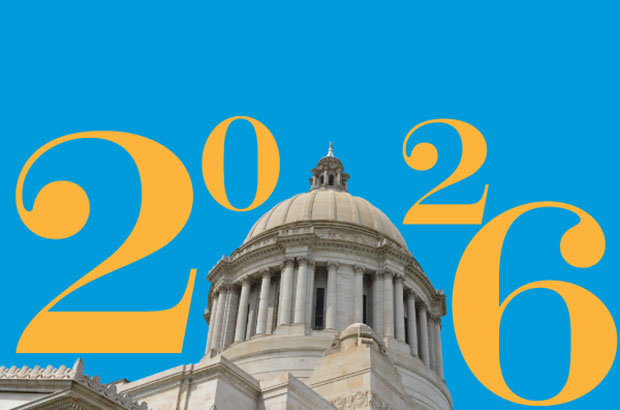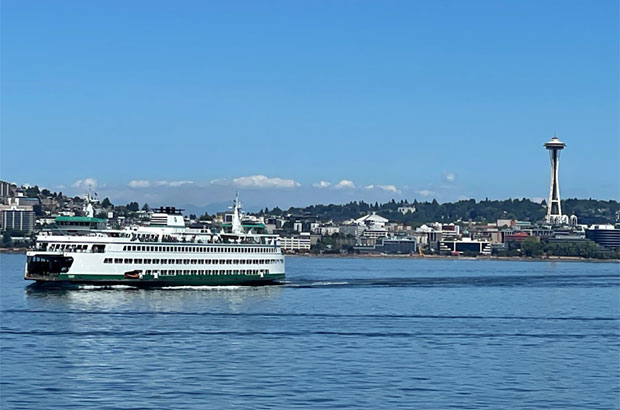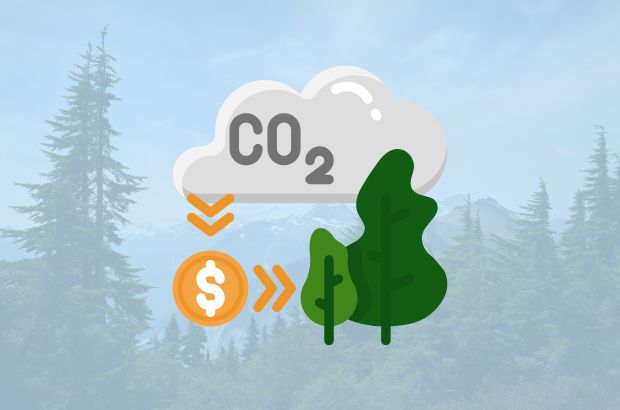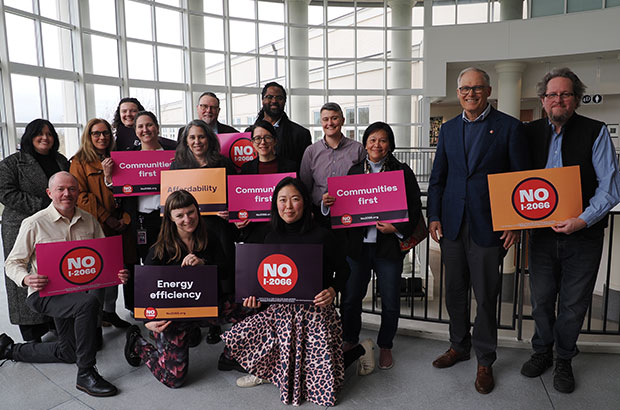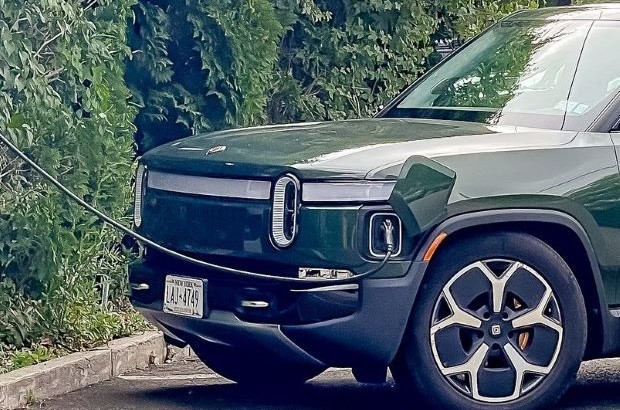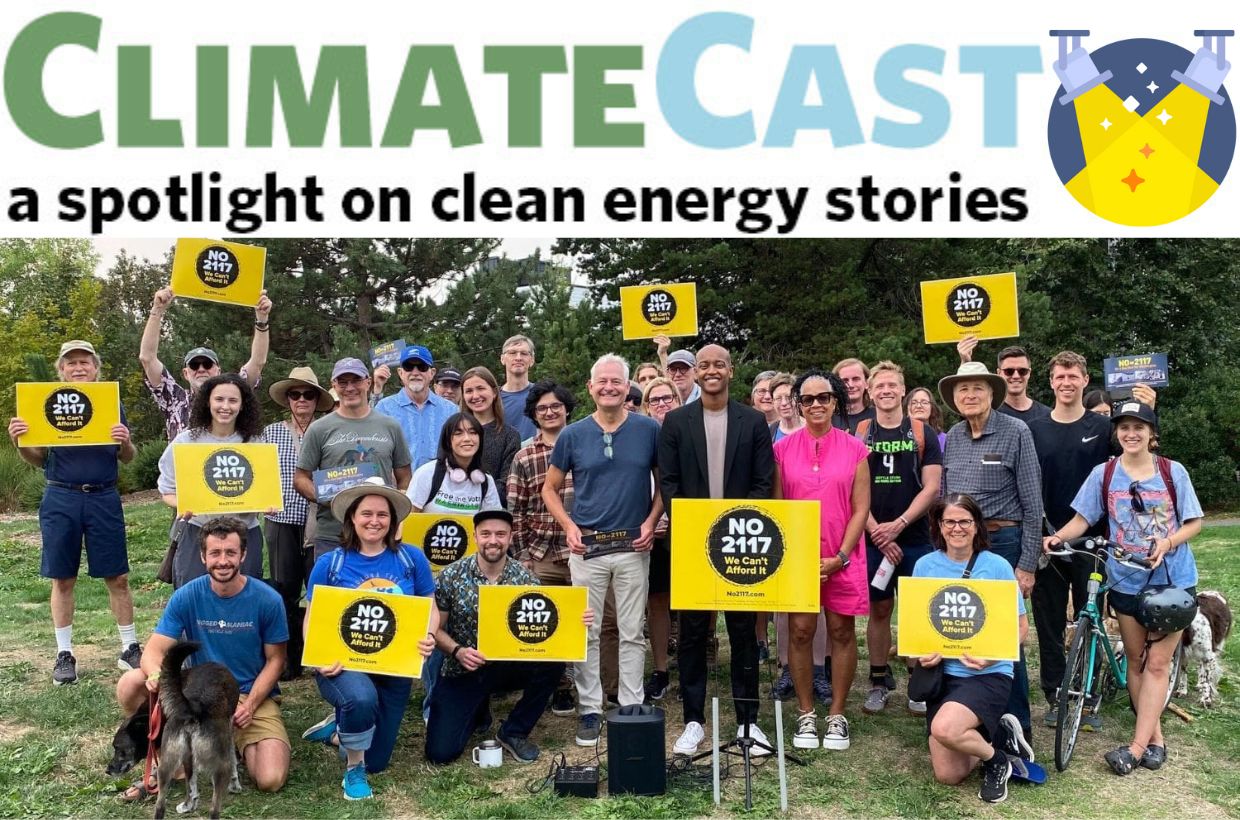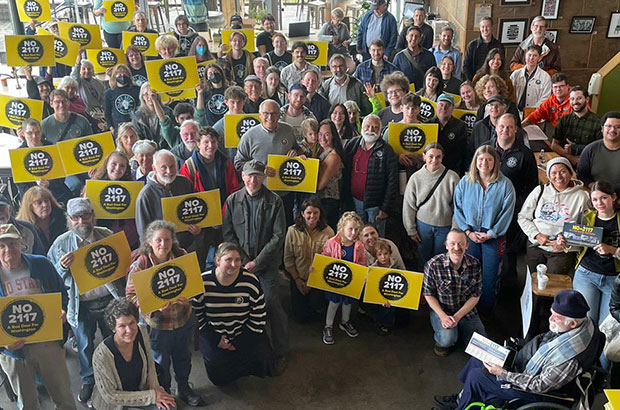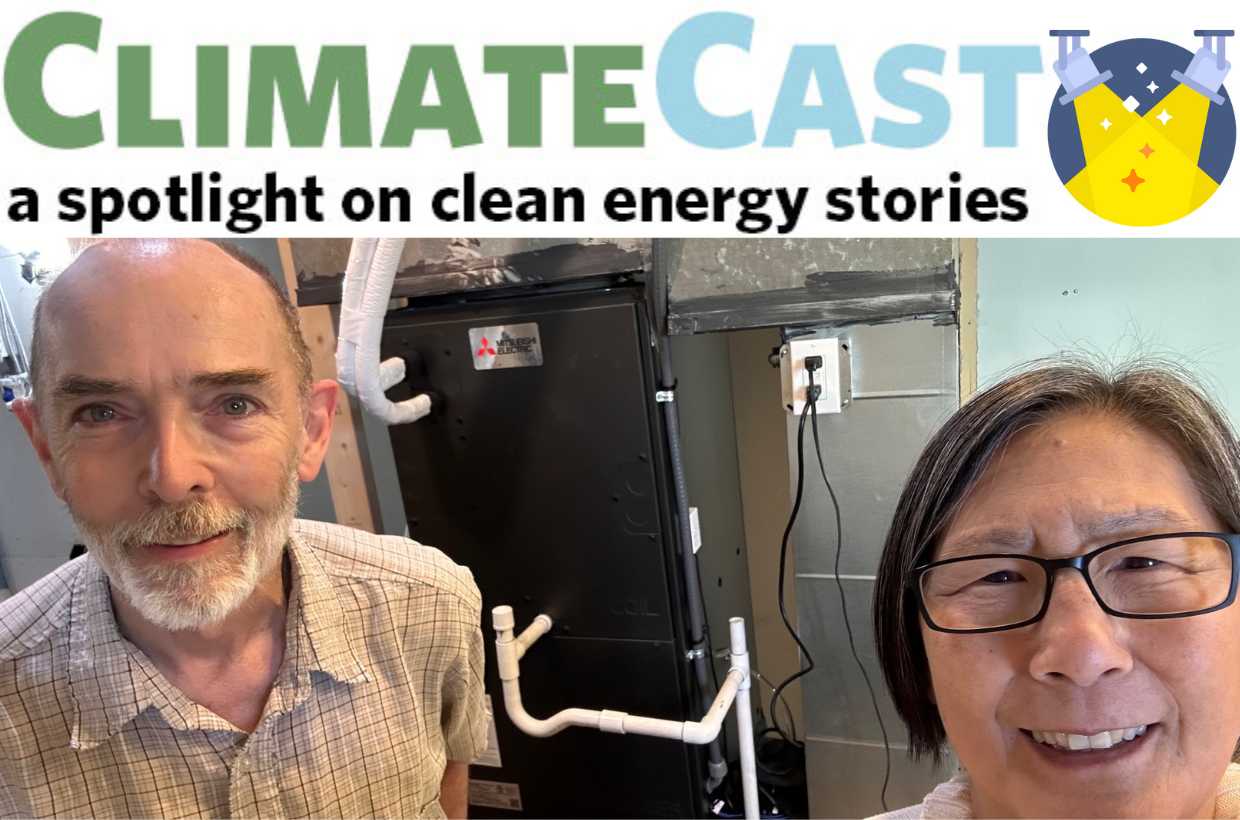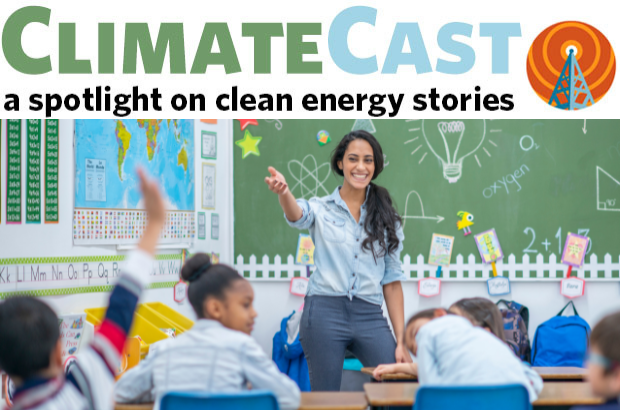WALeg 2026 starts now
It’s that time again… Washington’s 2026 legislative session has begun. For the next (very short) ten weeks, we’re aiming to continue progress on climate change, accelerate clean energy progress, and ensure everyone across Washington benefits from cleaner air, more affordable energy bills, and a healthier environment.
